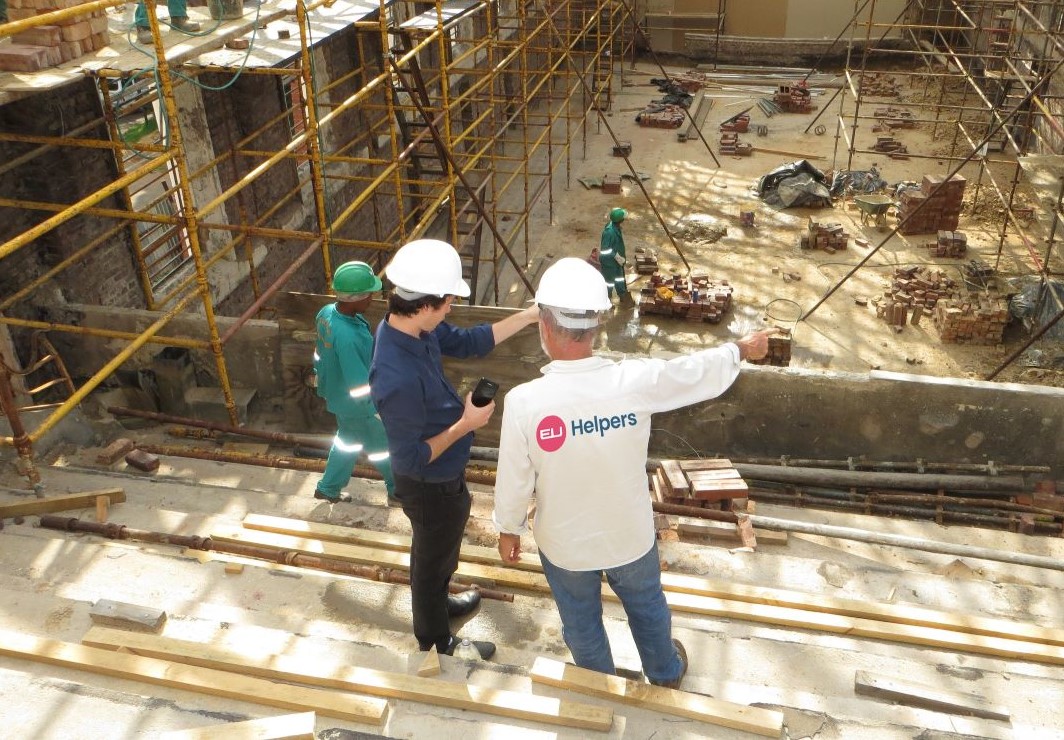Work in Belgium

Discover the Opportunities: Working and Living in Belgium
Belgium, located in Western Europe, is a diverse and economically developed country known for its rich culture, historical significance, and high quality of life. Let's delve into various aspects of working in Belgium.
Introduction to Belgium:
Belgium is a small but significant European country known for its unique blend of Dutch, French, and German cultures. It is famous for its medieval towns, Renaissance architecture, and as the headquarters of the European Union and NATO. Belgium's capital, Brussels, is often considered the de facto capital of the European Union.
Benefits of Working in Belgium:
Working in Belgium offers several advantages. These include:
- High Quality of Life: Belgium consistently ranks high in global quality of life indices, with access to excellent healthcare, education, and social services.
- Multilingual Environment: Belgium's multilingualism allows you to work in Dutch, French, or German, making it an attractive destination for language enthusiasts.
- Strong Economy: Belgium has a robust and diversified economy, with a focus on industries like manufacturing, technology, pharmaceuticals, and finance.
- Work-Life Balance: Belgians value work-life balance, with reasonable working hours and a commitment to leisure and family life.
- Cultural Richness: Belgium is a culturally rich country, with a vibrant arts scene and numerous festivals.
Job Market in Belgium:
Belgium's job market is competitive but offers opportunities in various sectors, including technology, healthcare, finance, and engineering. Key industries include pharmaceuticals, automotive, and IT. The country's central location in Europe makes it a strategic hub for international business.
How to Find a Job:
To find a job in Belgium, you can:
- Online Job Portals: Use job search websites like LinkedIn, Glassdoor, and local job boards.
- Networking: Leverage your professional network and attend industry events.
- Recruitment Agencies: Many recruitment agencies specialize in various fields.
- Company Websites: Explore job openings on the websites of companies you're interested in.
Types of Employment:
In Belgium, you can have various types of employment contracts, including:
- Open-Ended Contracts: These offer job security, and notice periods apply.
- Fixed-Term Contracts: Common for temporary positions, with a specific end date.
- Part-Time Contracts: Part-time work is common, allowing for flexibility.
- Self-Employment: Starting your own business is an option, but it comes with additional responsibilities.
Factors to Consider While Relocating:
Relocating to Belgium is a significant decision, and you should consider factors like:
- Cost of Living: Research the cost of living in your preferred city.
- Visa Requirements: Understand the visa and permit process.
- Language Skills: Depending on the region, knowledge of Dutch, French, or German may be required.
- Cultural Adjustment: Be prepared for cultural differences and a different pace of life.
- Accommodation: Explore housing options and costs.
- Healthcare: Familiarize yourself with the Belgian healthcare system.
Conditions to Work:
Belgium has labor laws that protect workers' rights. Conditions to work in Belgium include:
- Working Hours: Standard workweek is 38 hours with paid vacation.
- Salary: Receive a competitive salary, usually paid monthly.
- Social Security: Mandatory contributions to the social security system.
- Safety Regulations: Workplace safety is regulated and enforced.
- Union Membership: Workers can join trade unions for collective bargaining.
Top Paying Industries:
Several industries in Belgium offer high-paying jobs, including:
- Pharmaceuticals: Belgium is a hub for pharmaceutical companies, offering well-paid positions.
- Information Technology: IT professionals are in demand, especially in cities like Brussels.
- Finance and Banking: Brussels is a major financial center.
- Engineering: Skilled engineers are sought after in various sectors.
Work Visa and Residence Permit:
If you plan to work in Belgium as a non-EU citizen, you will typically need a work visa and a residence permit. Here are the general requirements:
Work Visa:
- Job Offer: First, secure a job offer from a Belgian employer.
- Work Permit: Your employer must apply for a work permit on your behalf.
- Visa Application: Apply for a long-stay visa (type D) at the Belgian embassy or consulate in your home country.
Residence Permit:
- Municipal Registration: After arriving in Belgium, register at the local municipality.
- Residence Permit Application: Apply for a residence permit at the Foreigners' Office.
Requirements for Visa and Permit:
The specific requirements for a work visa and residence permit may vary depending on your nationality, the type of job, and the region of Belgium you plan to work in. However, common requirements include:
- Valid Passport: Ensure your passport is valid for the duration of your stay.
- Job Offer: A written job offer from a Belgian employer.
- Work Permit: Issued by the Belgian employer and approved by the regional authorities.
- Health Insurance: Proof of comprehensive health insurance coverage.
- Criminal Record Check: Some permits may require a clean criminal record.
- Housing Proof: Evidence of suitable accommodation in Belgium.
In conclusion, Belgium offers an attractive work environment with a high quality of life, diverse job opportunities, and a strong economy. However, it's essential to navigate the visa and permit process carefully and consider factors like language skills and cultural adaptation when relocating to this unique European country.
